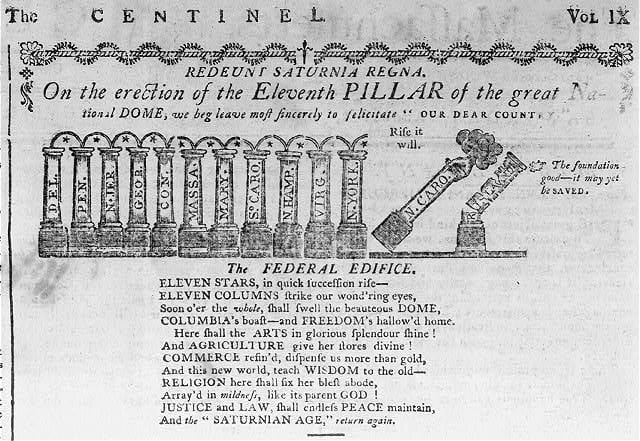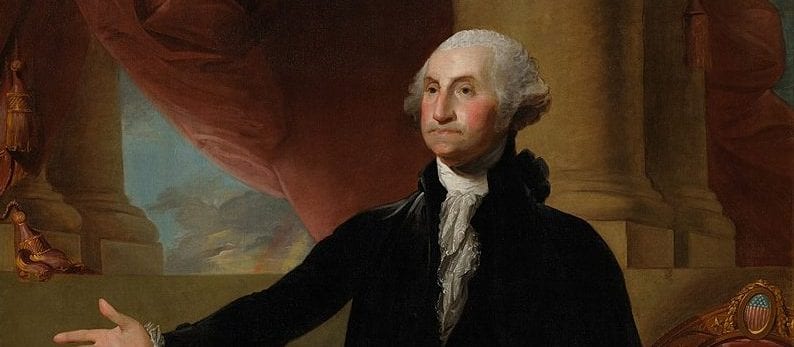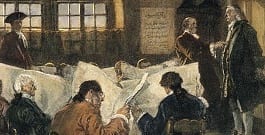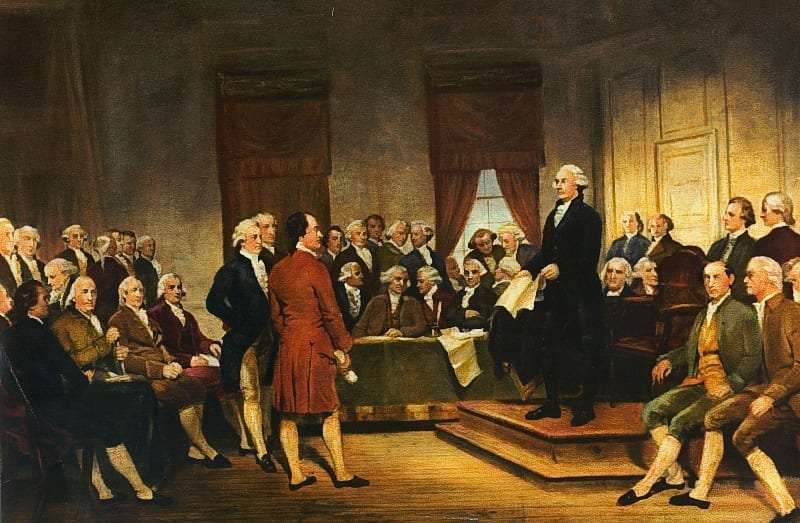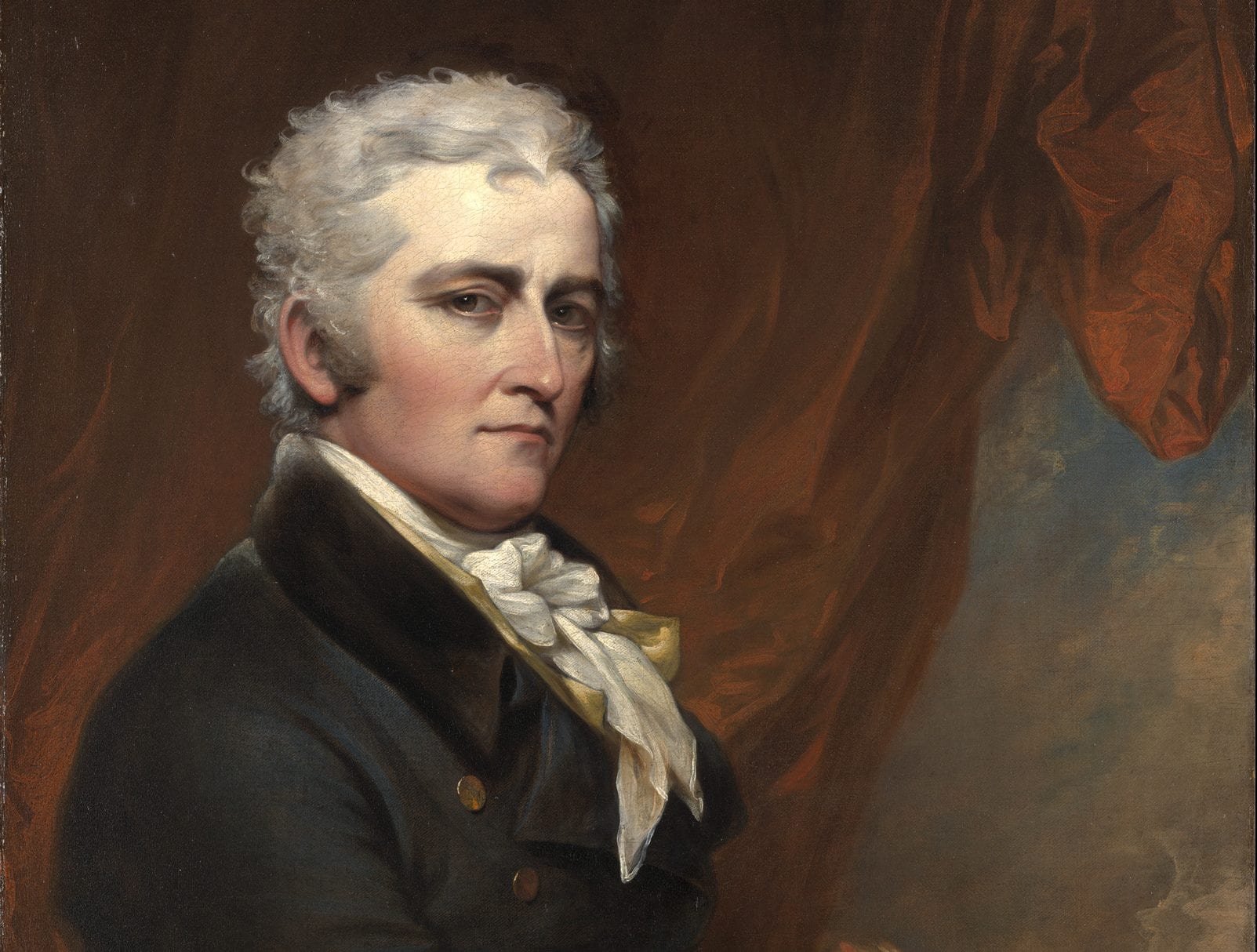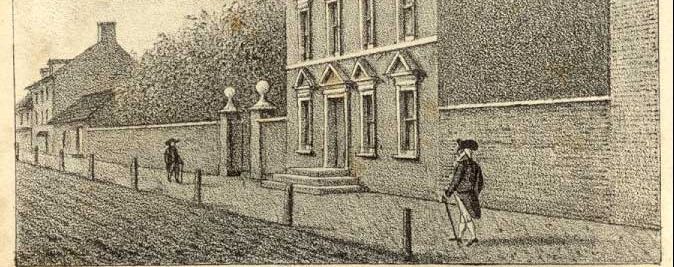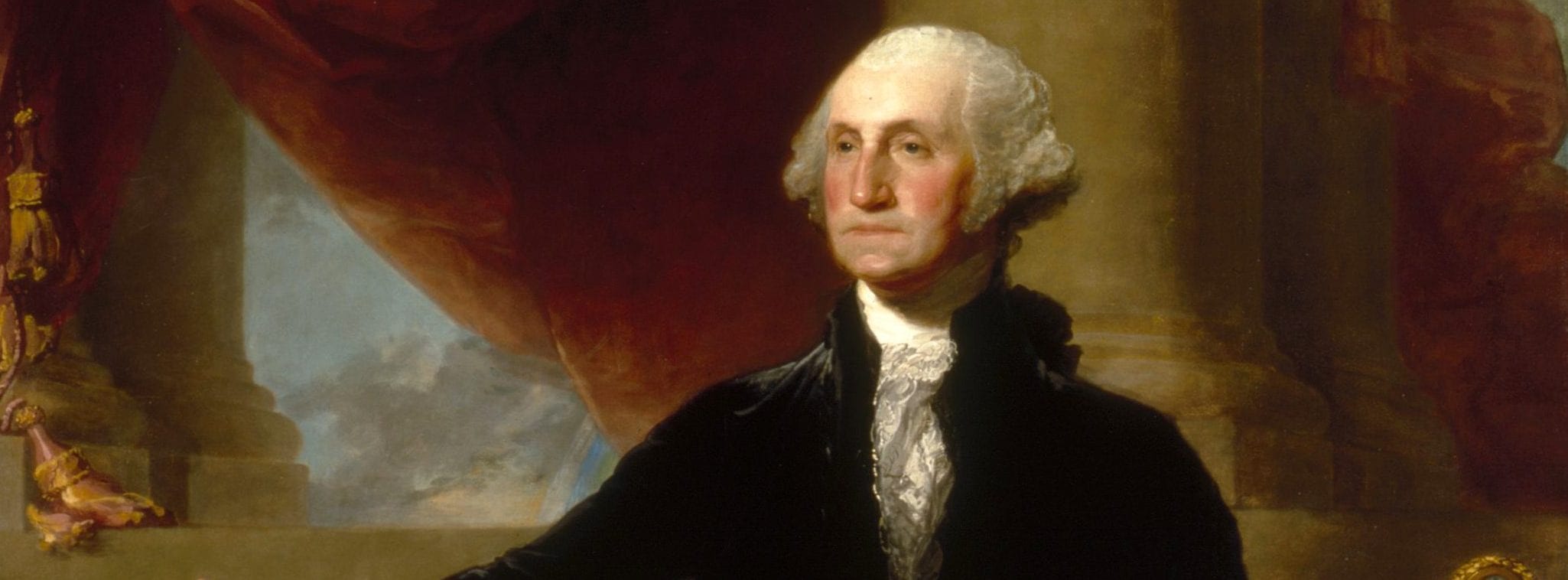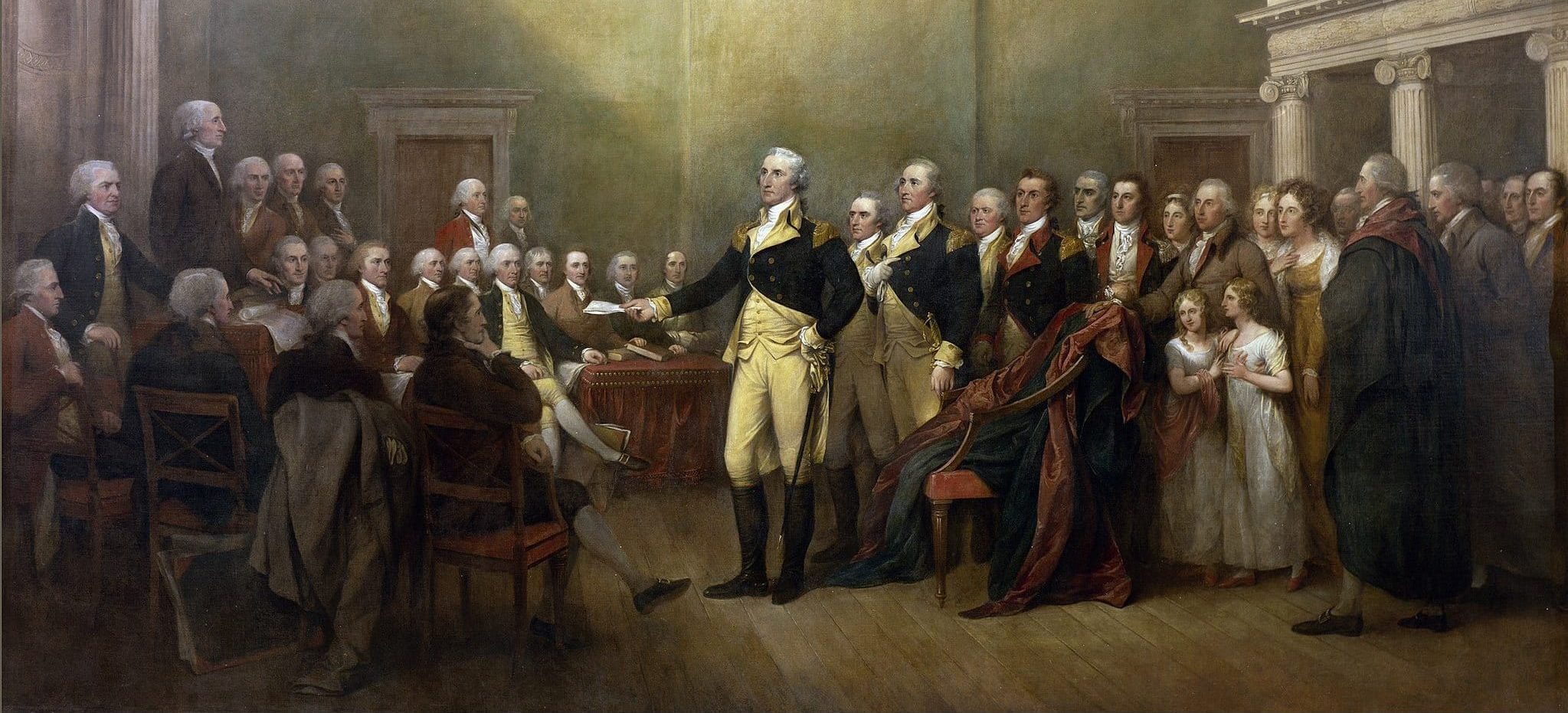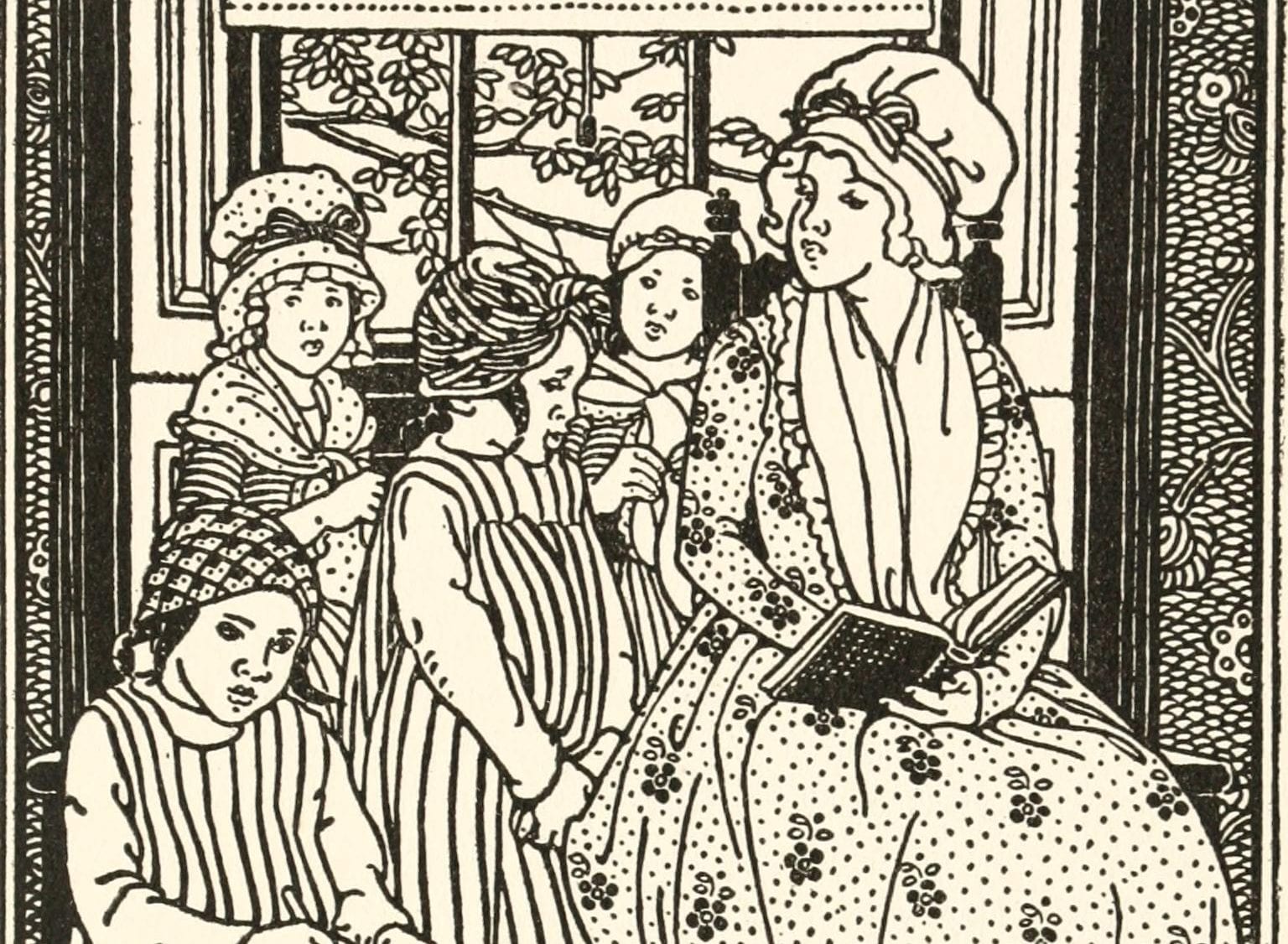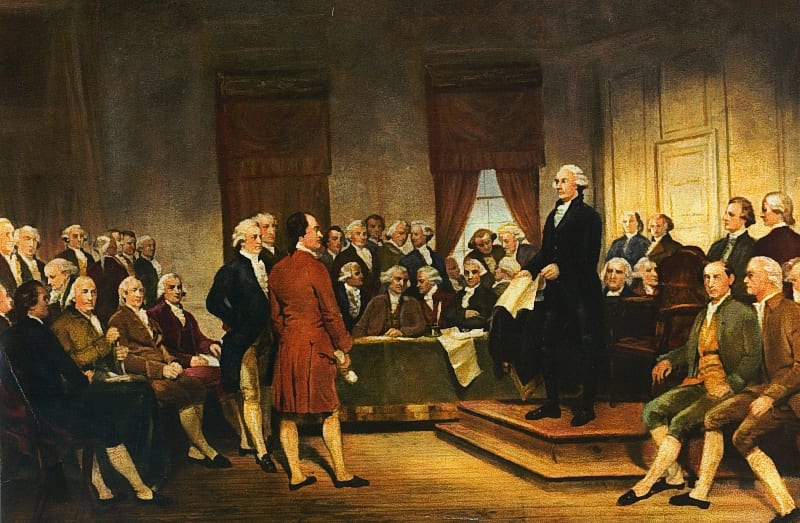
To the PEOPLE of PENNSYLVANIA.
John 3d, verse 20th"For every one that doeth evil, hateth the light, neither cometh to the light, lest his deeds should be reproved." But " there is nothing covered that shall not be revealed; neither hid that shall not be known. Therefore whatever ye have spoken in darkness, shall be heard in the light: and that which ye have spoken in the ear in closets, shall be proclaimed on the housetops." St. Luke, chap. Xii, 2d and 3d verses.
Friends, Countrymen, and Fellow Citizens! The formation of a good government, is the greatest effort of human wisdom, actuated by disinterested patriotism; but such is the cursed nature of ambition, so prevalent among men, that it would sacrifice every thing to its selfish gratification; hence the fairest opportunities of advancing the happiness of humanity, are so far from being properly improved, that they are too often converted to the votaries of power and domination, into the means of obtaining their nefarious ends. It will be the misfortune of America of adding to the number of examples of this kind, if the proposed plan of government should be adopted; but I trust, short as the time allowed you for consideration is, you will be so fully convinced of the truth of this, as to escape the impending danger: it is only necessary to strip the monster of its assumed garb, and to exhibit it in its native colours to excited the universal abhorrence and rejection of every virtuous and patriotic mind.
For the sake of my dear country, for the honor of human nature, I hope and am persuaded, that the good sense of the people will enable them to rise superior to the most formidable conspiracy against the liberties of a free and enlightened nation, that the world has ever witnessed. How glorious would be the triumph! How it would immortalize the present generation in the annals of freedom!
The establishment of a government, is a subject of such momentous and lasting concern, that it should not be gone into without the clearest conviction of its propriety; which can only be the result of the fullest discussion, the most thorough investigation and dispassionate consideration of its nature, principles and construction. You are now called upon to make this decision, which involves in it, not only your fate, nut that of your posterity for ages to come. Your determination will either ensure the possession of those blessings, which render life desirable, or entail those evils which make existence a curse: that such ate the consequences of a wise or improper organization of government, the history of mankind abundantly testifies. If you viewed the magnitude of the object in its true light, you would join with me in sentiment, that the new government ought not to be implicitly admitted. Consider then duly before you leap, for after the rubicon is once passed, there will be no retract.
If you were even well assured that the utmost purity of intention predominated in the production of the proposed government, such is the imperfection of human reason and knowledge, that it would not be wise in you to adopt it with precipitation in toto, for all former experience must teach you the propriety of a revision on such occasions, to correct the errors, and supply the deficiencies, that may appear necessary. In every government whose object is the public welfare, the laws are subjected to repeated revisions, in some by different orders in governments, in others by an appeal to the judgment of the people and deliberative forms of procedure. A knowledge of this, as well as of other states, will show that in every instance where a law has been passed without the usual precautions, it has been productive of great inconvenience and evils, and frequently has not answered the end in view, a supplement becoming necessary to supply its deficiencies.
What then are we to think of the motives and designs of those men who are urging the implicit and immediate adoption of the proposed government; are they fearful, that if you exercise your good sense and discernment, you will discover the masqued aristocracy, that they are attempting to smuggle upon you, under the suspicious garb of republicanism? When we find that the principal agents in this business, are the very men who fabricated the form of government, it certainly ought to be conclusive evidence of their invidious design to deprive us of our liberties. The circumstances attending this matter, are such as should in a peculiar manner excite your suspicion; it might not be useless to take a review of some of them.
In many of the states, particularly in this and the northern states, there are aristocratic junto’s of the well-born few, who had been zealously endeavouring since the establishment of their constitutions, to humble that offensive upstart, equal liberty; but all their efforts were unavailing, the ill-bred churl obstinately kept his assumed station.
However, that which could not be accomplished in the several states, is now attempting through the medium of the future Congress. Experience having shewn great defects in the present confederation, particularly in the regulation of commerce and marritime affairs; it became the universal wish of America to grant further powers, so as to make the federal government adequate to the ends of its institution. The anxiety on this head was greatly encreased, from the impoverishment and distress occasioned by the excessive importations of foreign merchandise and luxuries and consequent drain of specie, since the peace: thus the people were in the disposition of a drowning man, eager to catch at any thing that promised relief, however delusory. Such an opportunity for the acquisition of undue power, has never been viewed with indifference by the ambitious and designing in any age or nation, and it has accordingly been too successfully improved by such men among us. The deputies from this state (with the exception of two) and most of those from many of them of such superior endowments, that in an exparte discussion of the subject by specious glosses, they have gained the concurrence of some well-disposed men, in whom their country has great confidence, which has given a great sanction to their scheme of power.
A comparison of the authority under which the convention acted, and their form of government will shew that they have despised their delegated power, and assumed sovereignty; that they have entirely annihilated the old confederation, and the particular governments of the several states, and instead thereof have established one general government that is to pervade the union; constituted on the most unequal principles, destitute of accountability to its constituents, and as despotic in its nature, as the Venetian aristocracy; government that will give full scope to the magnificent designs of the well-born; a government where tyranny may glut its vengeance on the low-born, unchecked by an odious bill of rights: as has been fully illustrated in my two preceding numbers; and yet as blind upon the understandings of the people, they have continued the forms of the particular governments, and termed the whole a confederation of the United States, pursuant to the sentiments of that profound, but corrupt politician Machiavel, who advises any one who would change the constitution of a state, to keep as much as possible to the old forms; for then the people seeing the same officers, the same formalities, courts of justice and other outward appearances, are insensible of the alteration, and believe themselves in possession of their old government. Thus Caesar, when he seized the Roman liberties, caused himself to be chosen dictator (which was an ancient office) continued the senate, the consuls, the tribunes, the censors, and all other offices and forms of the commonwealth; and yet changed Rome from the most free, to the most tyrannical government in the world.
The convention, after vesting all the great and efficient powers of sovereignty in general government, insidiously declare by section 4th of article 4th. "that the United States shall guarantee to every state in this union, a republican form of government;" but of what avail will be the form, without the reality of freedom.
The late convention in the majesty of its assumed omnipotence, have not even condescended to submit the plan of the new government to the consideration of the people, the true source of authority; but have called upon them by their several constitutions, to "assent to and ratify" in toto, what they have been pleased to decree; just as the grand monarque of France requires the parliament of Paris to register his edicts without revision or alteration, which is necessary previous to their execution.
The authors and advocates of new plan, conscious that its establishment, can only be obtained from the ignorance of the people of its true nature, and their unbounded confidence in some of the men concurring; have hurried on its adoption with a precipitation that betrays their design: before many had seen the new plan, and before any had time to examine it; they by their ready minions, attended by some well-disposed but mistaken persons, obtained the subscriptions of the people to papers expressing their entire approbation of, and their wish to have it established; thus precluding them from any consideration: but lest the people should discover the juggle, the elections of the state conventions, are urged on at very early days; the proposition of electing the convention for this state in nine days after the date of the resolution for all counties east of Bedford, and supported by three or four of the deputies of the convention, and who were also members of the then assembly, is one of the most extravagant instances of this kind; and even this was only prevented by the secession of nineteen virtuous and enlightened members. In order to put the matter beyond all recal, they have proceeded a step further, they have made the deputies nominated for the state convention for this city and elsewhere, pledge their sacred honor, previous to their election, that they would implicitly adopt the proposed government, in toto; thus short as the period is before the final fiat is to be given, consideration is rendered nugatory, and conviction of its dangers or impropriety unavailable. A good cause does not stand in need of such means; it scorns all indirect advantages and borrowed helps, and trusts alone to its own native merit and intrinsic strength: the lion is never known to make use of cunning, nor can a good cause suffer by a free and thorough examination. It is knavery that seeks to disguise. Actors do not care that any one should look into the tiring room, nor jugglers or sharpers into their hands or boxes.
Every exertion has been made to suppress discussion by shackling the press; but as this could not be effected in this state, the people are warned not to listen to the adversaries of the proposed plan, lest they should impose upon them, and thereby prevent the adoption of this blessed government. What figure would a lawyer make in a court of justice, if he should desire the judges not to hear the counsel of the other side, lest they should perplex the cause and mislead the court? Would not every bystander take it for granted, that he was conscious of the weakness of his client’s cause, and that it could no otherwise be defended, than by not being understood?
All who are friends to liberty are friends to reason, the champion of liberty, and none are foes to liberty but those who have truth and reason for their foes. He who has dark purposes to serve, must use dark means: light would discover him, and reason expose him: he must endeavor to shut out both, and make them look frightful by giving them ill names.
Liberty only flourishes where reason and knowledge are encouraged; and wherever the latter are stifled, the former is extinguished. In Turkey printing is forbid, enquiry in dangerous, and free speaking is capital; because they are all inconsistent with the nature of government. Hence it is that the Turks are all stupidly ignorant and are all slaves.
I shall now proceed in the consideration of the construction of the proposed plan of government. By section 4th of article 1st of the proposed government it is declared, "that the times, places, and manner of holding elections for senators and representatives shall be prescribes in each state by the legislature thereof; but the Congress may at any time by law make or alter such regulations, except as to the place of chusing senators." Will not this section put it in the power of the future Congress to abolish the suffrage by ballot, so indispensable in a free government. Montesquieu in his spirit of laws vol. 1 page 12, says "that in a democracy there can be no exercise of sovereignty, but by the suffrages of the people, which are their will; now the sovereigns will is the sovereign himself. The laws therefore which establish the right of suffrage, are fundamental to this government. In fact it is as important to regulate in a republic, in what manner, by whom, and concerning what, suffrages are to be given, as it is in a monarchy to know who is the Prince and after what manner he ought to govern." This valuable privilege of voting by ballot, ought not to rest on the discretion of the government, but be irrevocably established in the constitution.
Section 8th of article 1st, vests Congress with power "to provide for calling forth the militia to execute the laws of the union, suppress insurrections and repel evasions; to provide for organizing, arming, and disciplining the militia, and for governing such part of them as may be employed in the service of the United States, reserving to the states respectively, the appointment of the officers, and the authority of training the militia according to the discipline prescribed by Congress." This section will subject the citizens of these states to the most arbitrary military discipline, even death may be inflicted on the disobedient; in the character of militia, you may be dragged from your families and homes to any part of the continent and for any length of time, at the discretion of the future Congress; and as militia you may be made the unwilling instruments of oppression, under the direction of government; there is no exemption upon account of conscientious scruples of bearing arms; no equivalent to be received in lieu of personal services. The militia of Pennsylvania may be marched to Georgia or New-Hampshire however incompatible with their interests or consciences; in short they may be made as meer machines as Prussian soldiers.
Section the 9th begins thus. "The migration or importation of such persons, as any of the states, now existing, shall think proper to admit, shall not be prohibited by Congress, prior to the year 1808, but a duty or tax may be imposed on such importation not exceeding ten dollars for each person." And by the fifth article this restraint is not to be removed by any future convention. We are told that the objects of this article, are slaves, and that it is inserted to secure to the southern states, the right of introducing negroes for twenty-one years to come, against the declared sense of the other states to put an end to an odious traffic in the human species; which is especially scandalous and inconsistent in a people, who have asserted their own liberty by the sword, and which dangerously enfeebles the districts, wherein the laborers are bondmen. The words dark and ambiguous; such as no plain man of common sense would have used, are evidently chosen to conceal from Europe, that in this enlightened country, the practice of slavery has its advocates among men in the highest stations. When it is recollected that no poll among men in the highest stations. When it is recollected that no poll tax can be imposed on five negroes, above what three whites shall be charged; when it is considered, that the impost on the consumption of Carolina field negroes, must be trifling, and the excise, nothing, it is plain that the proportion of contributions, which can be expected from the southern states under the new constitution, will be very unequal, and yet they are to be allowed to enfeeble themselves by the further importation of negroes till the year 1808. Has not the concurrence of the five southern states (in the convention) to the new system, been purchased too dearly by the rest, who have undertaken to make good their deficiencies of revenue, occasioned by their willful incapacity, without an equivalent?
The general acquiescence of one description of citizens in the proposed government, surprises me much; if so many of the Quakers have become indifferent to the sacred rights of conscience, so amply secured by the constitution of this commonwealth; if they are satisfied, to rest this inestimable privilege on the discretion of the future government; yet in a political light they are not acting wisely; in the state of Pennsylvania, they form so considerable a portion of the community, as must ensure them great weight in the government; but in the scale of general empire, they will be lost in the ballance.
I intended in this number to have shewn from the nature of things, from the opinions of the greatest writers and from the peculiar circumstances of the United States, the impracticability of establishing and maintaining one government on the principles of freedom in so extensive a territory; to have shewn, if practicable, the inadequacy of such government, to provide for its many and various concerns; and also to have shewn that a confederation of small republics, possessing all the powers of internal government, and united in the management of their general and foreign concerns, is the only system of government, by which so extensive a country can be governed consistent with freedom: but a writer under the signature of Brutus, in the New-York paper, which has been re-published by Messrs. Dunlap and Claypoole, has done this in so masterly a manner, that it would be superfluous in me to add any thing on this subject.
My fellow citizens, as a lover of my country, as the friend to mankind, whilst it is yet safe to write, and whilst it is yet in your power to avoid it, I warn you of the impending danger. To this remote quarter of the world, has liberty fled. Other countries now subject to slavery, were once as free as we yet; therefore for your own sakes, for the sake of your posterity, as well as for that of the oppressed of all nations, cherish this remining asylum of liberty.
Philadelphia, November 5th, 1787.
Brutus, Jr.
November 08, 1787
Conversation-based seminars for collegial PD, one-day and multi-day seminars, graduate credit seminars (MA degree), online and in-person.




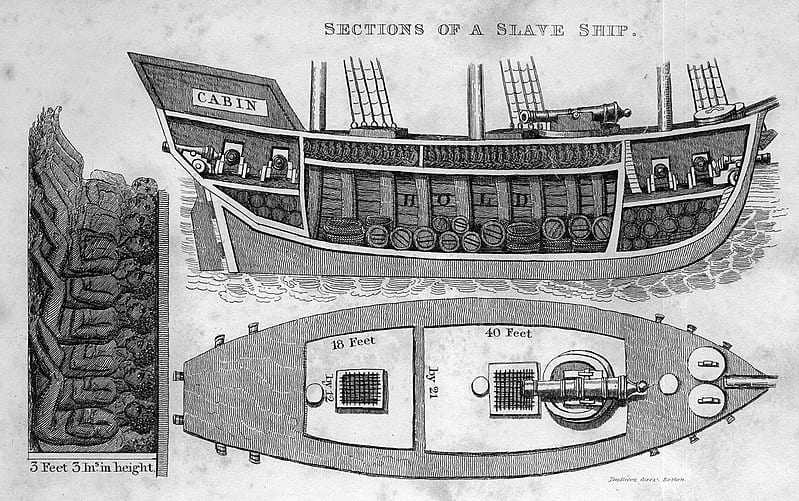






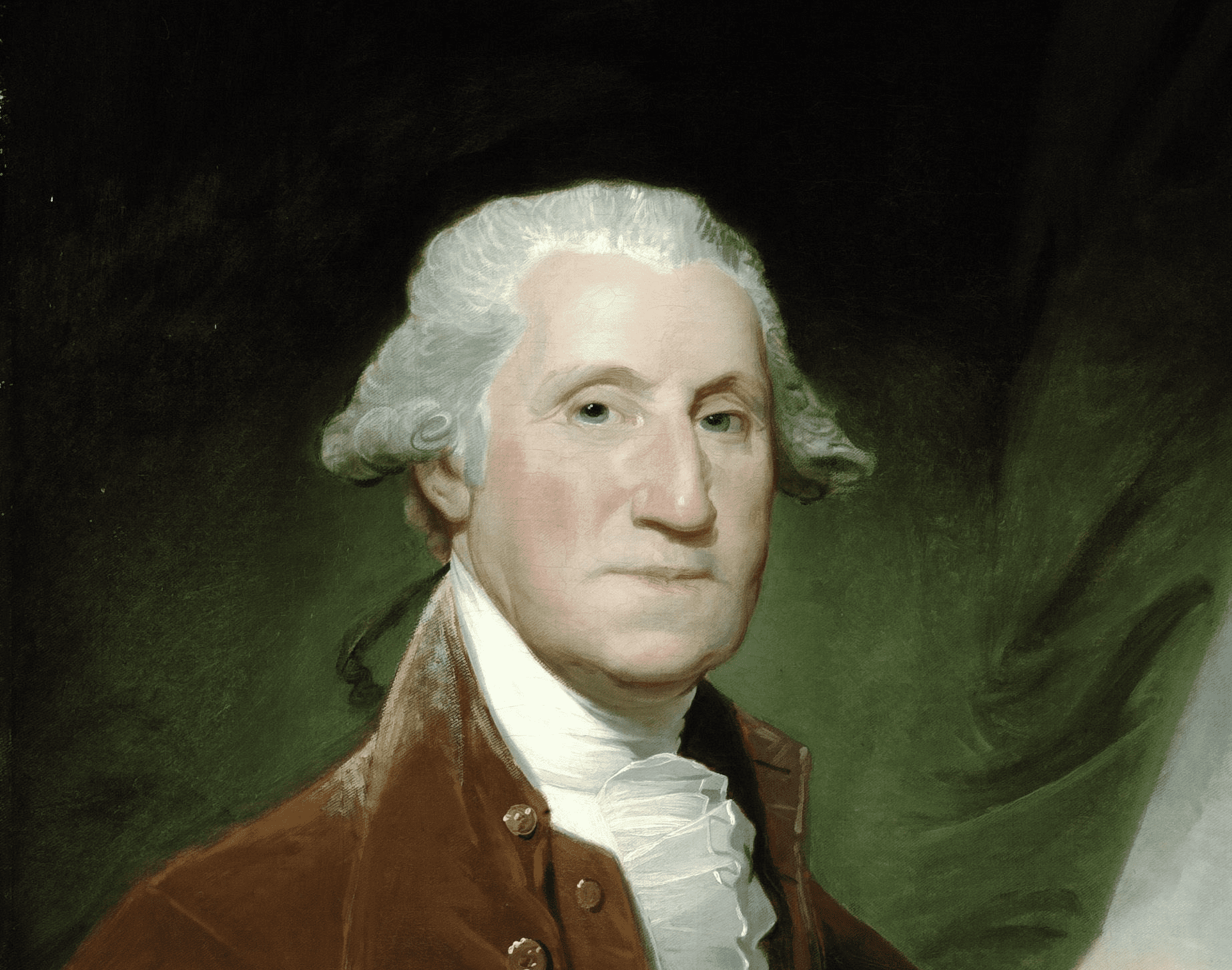















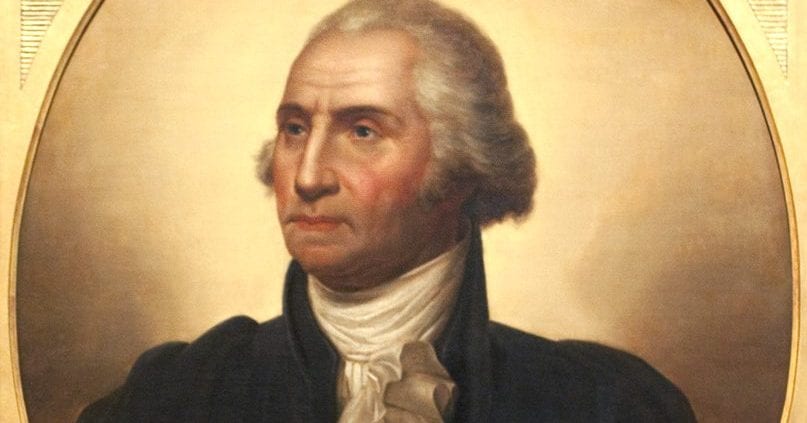
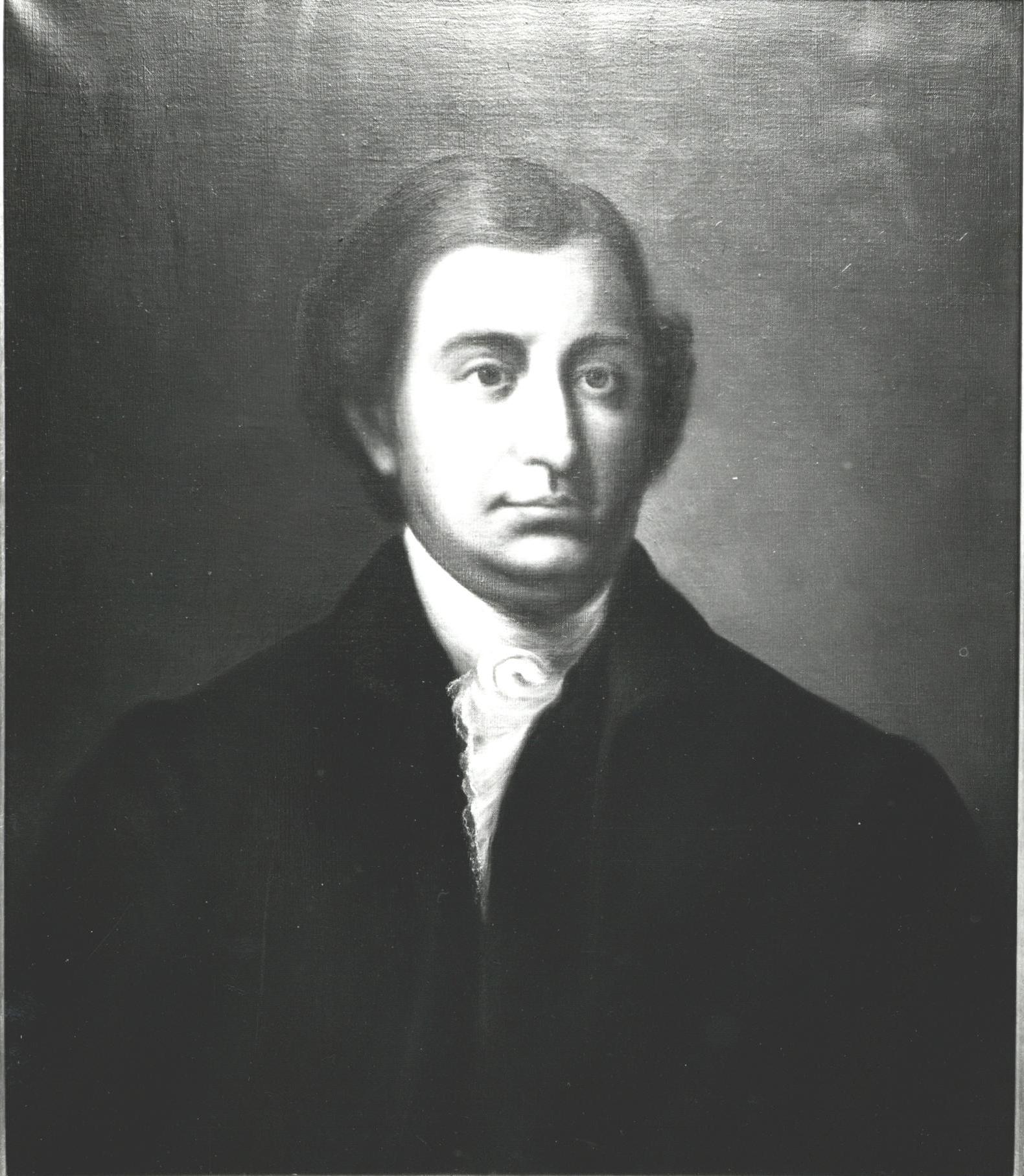
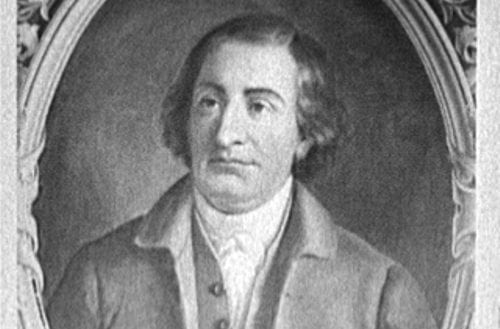
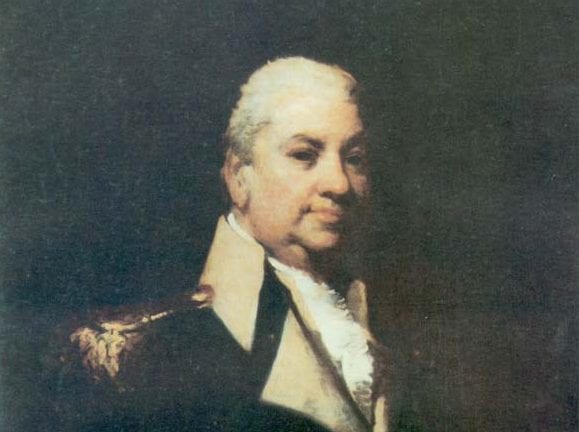




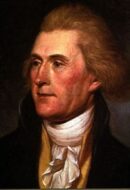













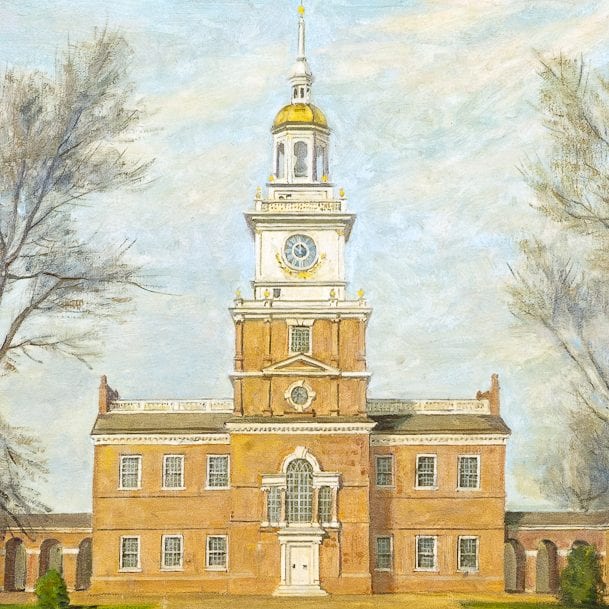

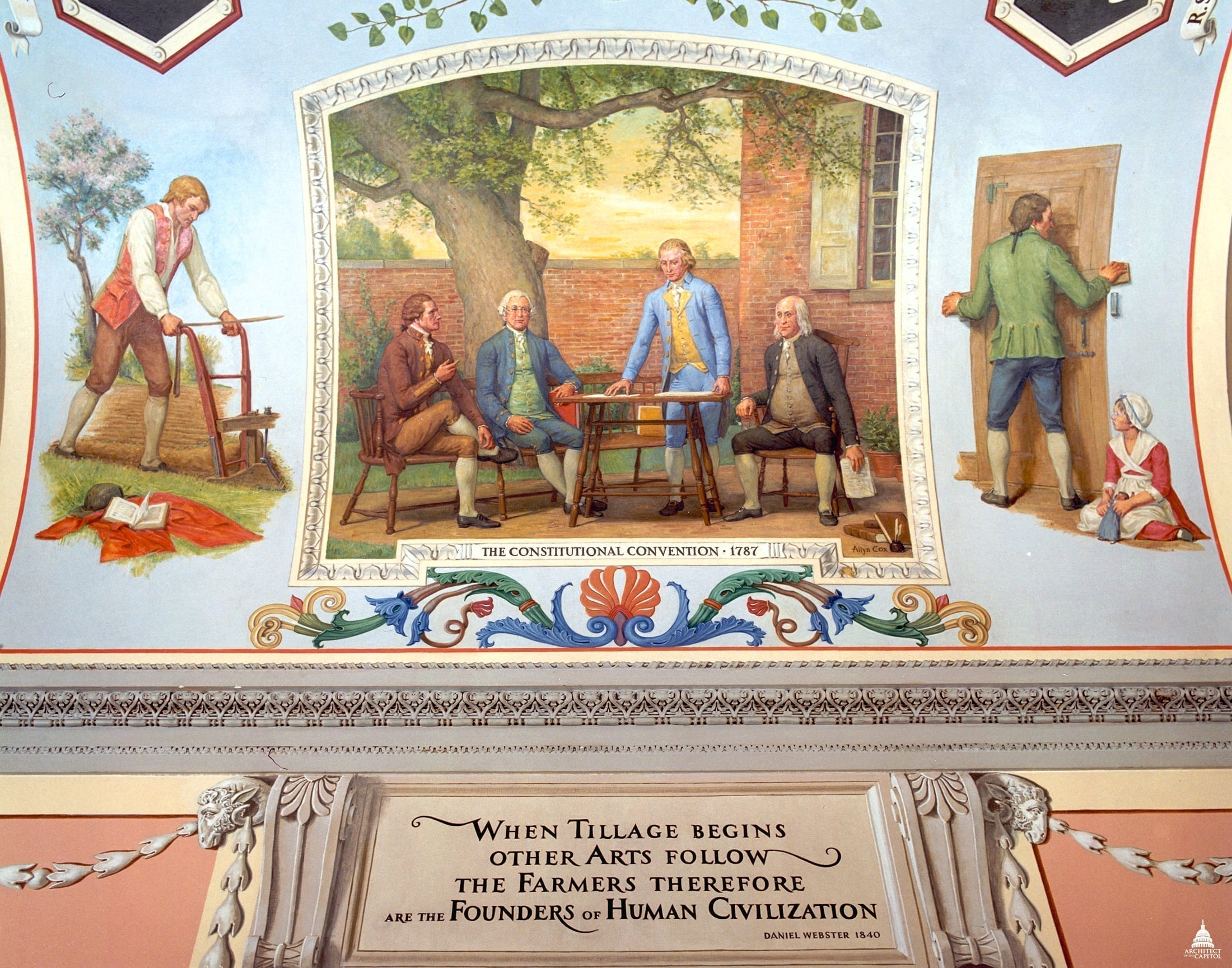

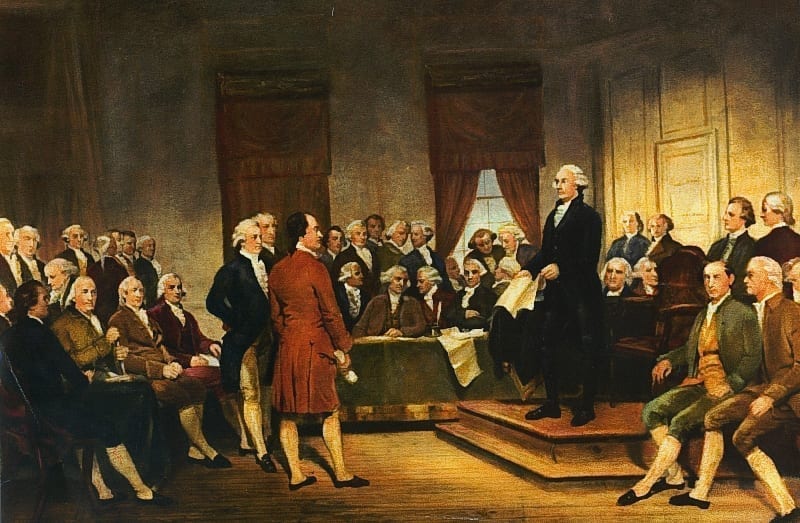


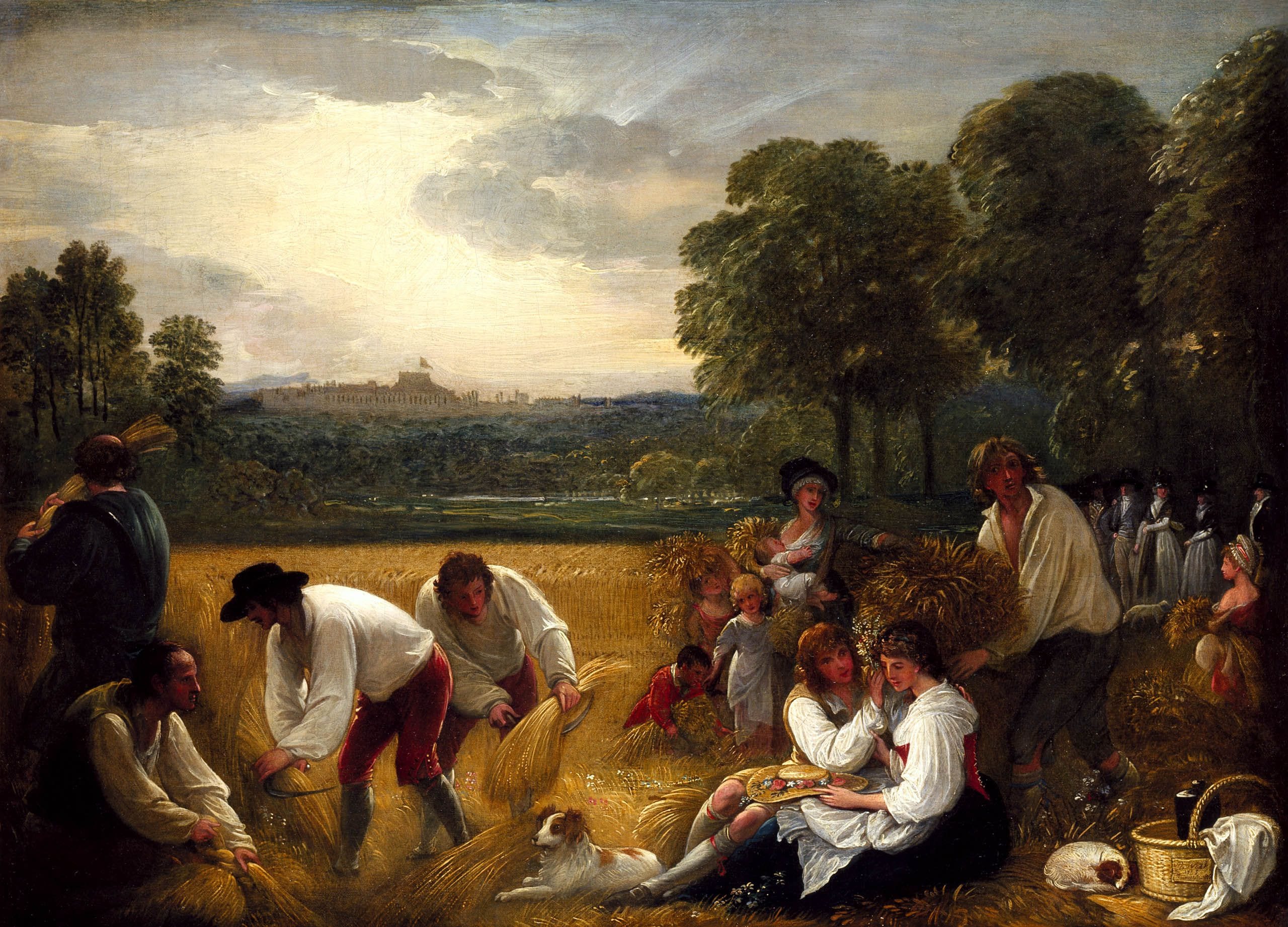


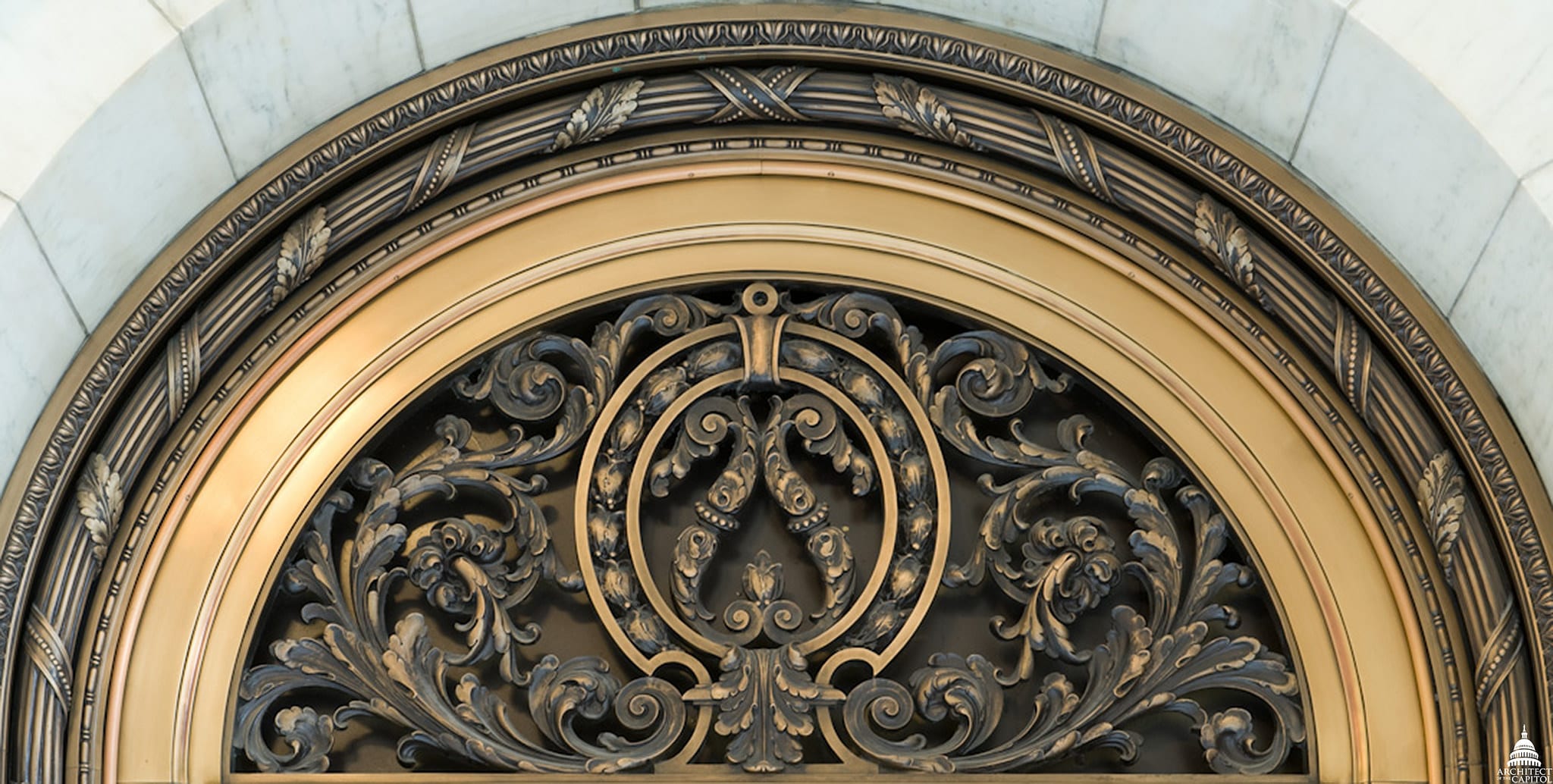













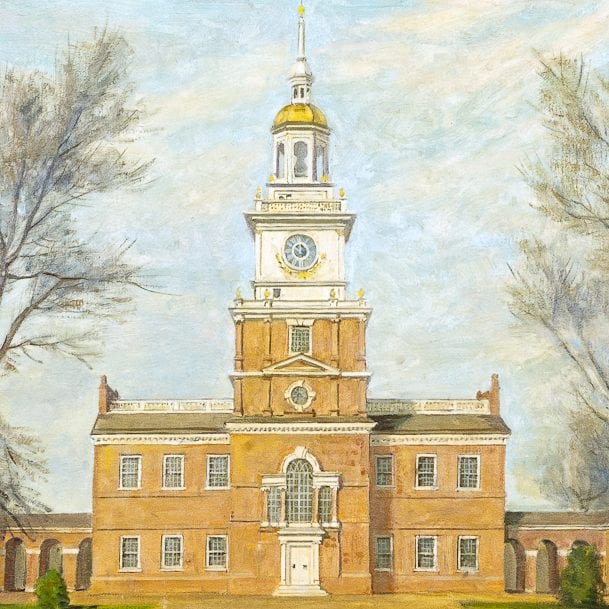
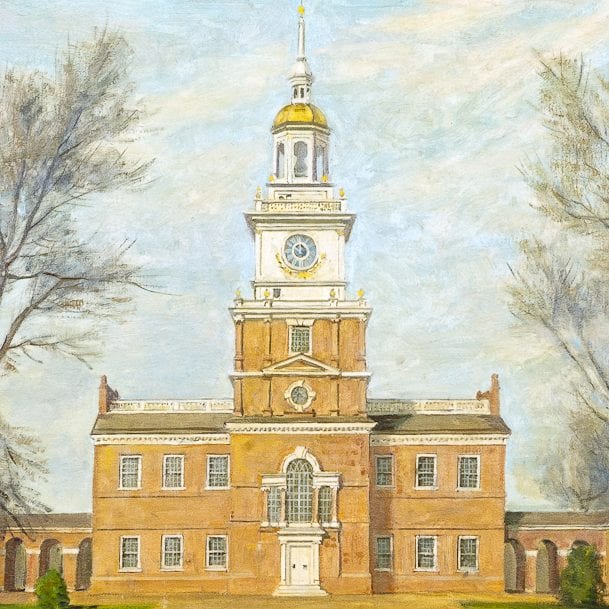






































































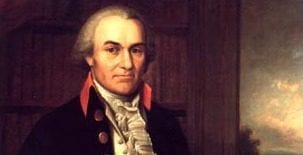



























![Finley, A. (1829) Pennsylvania. Philada. [Map] Retrieved from the Library of Congress, https://www.loc.gov/item/98688548/.](/content/uploads/2024/02/Map-of-PA--273x190.jpg)





















